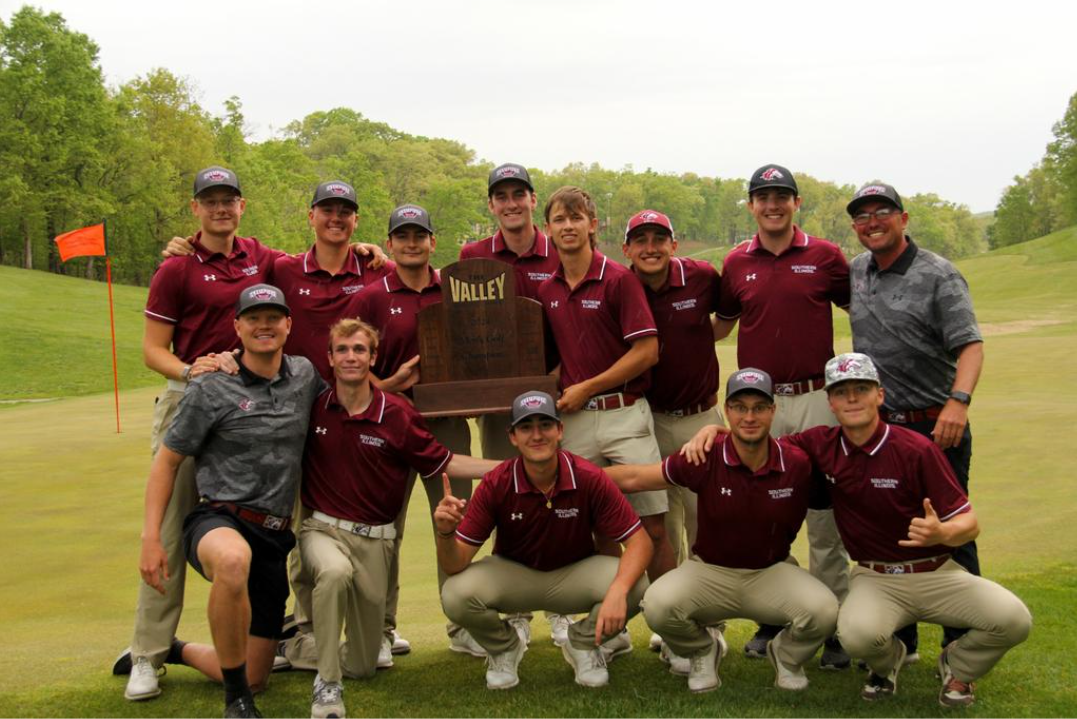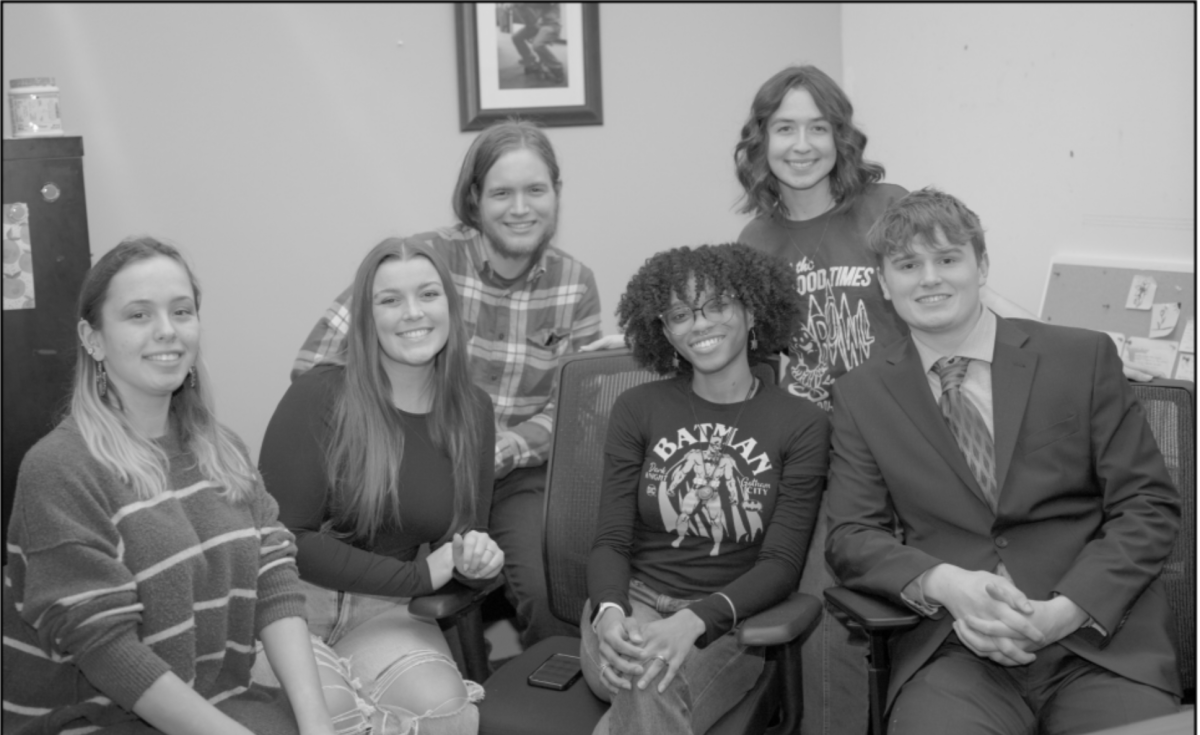Follow the recital sounds
September 19, 2002
Character traits brought out by organ recital
Witty and hilarious. Funny and invigorating. As each piece takes on character traits, organist Cherry Rhodes works hard to reveal this character to her audience.
Rhodes, organ soloist and recording artist, will perform at the annual Distinguished Organ Recital Series at Shryock at 7:30 p.m. Friday. Admission is free. This will be her first time at SIU.
Advertisement
“I haven’t played here and I am very excited,” Rhodes said.
The program is full of a variety of sound. The program opener, “Toccata und Fuge d-moll, BWV 565,” by Johann Sebastian Bach, is the most famous.
“People know the opening. It is popular among audiences,” Rhodes said.
“Afternoon of a Toad,” another piece to be performed, is unpublished. It is said to have been written sometime before 1949. This work is a compilation of short vignettes incorporating different styles of music used in the 20th century, including swing bass, rag and jazz. The composer, Clarence Mader, weaves together pieces by Debussy and Stravinsky in a style specific to Mader.
Rhodes describes the piece as “witty and hilarious.”
“It is passive, exciting, lyrical and meditative,” she said. “Every phrase has its own character.”
Moods are presented by color. It is the job of the organist to bring each characteristic out of the piece. Rhodes will arrive in Carbondale five days prior to the concert to practice and see the personality of the organ. The balance of sound within the room is important. How each note bounces off each wall into each pair of ears is important to a performer. This must be perfected before the concert begins, she said.
Advertisement*
Each time a piece is picked up again, new things are found. Though each musical phrase has its own character, some pieces have an easier character to find. Other phrases take more work digging and struggling to find the character. Rhodes said a combination of the sounds are the personality.
Rhodes, who has been playing the organ since she was 11 and the piano since age 4, is the first American to win an international competition. This honor was awarded in Munich. Another top prize was awarded in Bologna. At age 17, she made her debut with the Philadelphia Orchestra. She studied for five years in Europe. She said the experience was invaluable, opening ideas and widening horizons.
Rhodes, who is a devout participant of yoga, believes the mind, body and breathing experience has helped to make her more aware creatively. Yoga helps to relieve everyday tension. The art concentrates on breathing, which creates a more ease of playing.
“When I was seven, I decided to be a concert pianist,” said Rhodes. It was at an organ recital that her parents asked if she would like to play the organ.
Her accomplishments have far exceeded her childhood dream. Rhodes has recorded with Eugene Ormandy for Columbia Records and the Philadelphia Orchestra. “Everyone Dance,” her critically acclaimed solo recording on the Pro Organo label, has been hailed by The American Organist as, “A joyous celebration of unrivaled ancestry.”
Rhodes has served as a national and international adjudicator for several organ-playing competitions. The Royal College of Organists invited her to give a recital in Manchester Cathedral, a master class and to serve on an international jury that selected the International Performer of the Year 2000. On that occasion she was the only American to serve on the international jury for performer of the year.
“Presenting the piece is similar to a painting; you cannot have too much of one color,” said Rhodes.
Last July Rhodes performed four recitals at the National Convention of the American Guild of Organists held in Philadelphia.
Rhodes is an adjunct professor of organ at the University of Southern California. Many of her students have won awards, grants and top prizes in competitions in both the United States and Europe. She urges her students to attend concerts, although it would take full time job dedication to keep up with her attendance at Orchestra Concerts.
“It is at concerts you learn what you like and what you don’t like. You learn what you would make better,” she said.
It is so strongly suggested, practically necessary, that organ students learn the piano first. According to Rhodes, musicians have to know how the fingers work and become independent in using them. Following independent movement is the learning of pedal and finger technique.
An organ has 32 pedals needed to be put in gear. It is with those 32 pedals that Rhodes has tapped her way to the radio airwaves across America, Canada and abroad
Rhodes will be presented by the Marianne Webb and David Bateman Distinguished Organ Recital Series. This is an established fund by Bateman, a former SIU professor, and Webb, who designed the organ Rhodes will play.
The organ is designed for Shryock’s acoustic environment and space. It is used as a teaching instrument, recital instrument, accompanying instrument and ensemble instrument. Webb, a professor of music and University organist, said the organ allows for the best of its abilities to be heard in Shryock.
Reporter Jackie Keane can be reached at [email protected]
Advertisement







